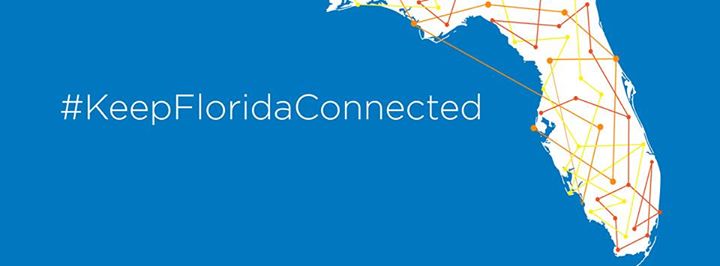The World Health Organization (WHO) estimates that 360 million people worldwide suffer from disabling hearing loss or impairment. In the U.S., roughly three million people in Florida experience some degree of hearing disability, as reported a Yahoo! Finance post on Monday. The deaf percentage approximation was at 1.8 in 2012 for the population ages 18-64, as disclosed an American Community Survey (ACS (News - Alert)), which provided “a basic headcount and minimal demographic data.” As per the WHO stats and figures, 30 to 40 percent of Floridians over 65 experience hearing loss.
People with hearing loss and other hearing disabilities are said to experience feelings of loneliness and isolation; they are often without friends and are unhappy, says the American Speech-Language-Hearing Association (ASHA). With hearing loss, it is often difficult to understand speech; this affects communication skills (speech and language development—spoken and/or signed), which often leads to limited social functioning. In addition, age-related hearing loss may have significant consequences for both cognitive function and neural integrity, explains Medscape Medical News.

In accordance with the effects of hearing loss affecting speech and language skills is the National Institute on Deafness and Other Communication Disorders’ (NIDCD’s); the institute explains that people experiencing hearing disabilities may not hear their own voices when they speak which causes delay in the development of receptive and expressive communication. NIDCD-supported scientists say people with hearing loss can benefit from the use of hearing devices, such as hearing aids, assistive listening devices and cochlear implants; they can also explore using smartphone-based applications, as an alternative treatment option to traditional hearing aids to overcome hearing and voice quality impairments.
NIDCD believes there is efficacy and perceived advantages to also using services that raise awareness through community-based rehabilitation networks and programs, which promote social inclusion of people with these disabilities.
In fact, this week, Florida Telecommunications Relay, Inc. (FTRI), the non-profit distributor of specialized telecommunications equipment (such as amplified phones) for people with hearing loss and speech disabilities, launched #KeepFloridaConnected – a social media campaign aimed at helping all Floridians stay connected and engaged with their families, friends and communities. As per the Yahoo! post, through the #KeepFloridaConnected campaign, FTRI hopes to highlight the important role that relationships and conversations play in keeping Floridians with hearing and speech disabilities engaged and connected to their loved ones.
The large population of senior Floridians living with hearing loss and other hearing and speech disabilities may be unaware of the resources and support available to them, said James Forstall, FTRI's executive director. He stated FTRI “designed this campaign to increase awareness and support for fellow Floridians in need by bridging the communications divide that exists and urging people to take a proactive stance on hearing loss."
Launching #KeepFloridaConnected will inspire and inform an audience on the communication challenges and encourage them to take action, continued Forstall. He invites all Floridians to connect with them via FTRI's Facebook (News - Alert) and/or Twitter site and share the #KeepFloridaConnected content, if not “post their own ideas on what helps them stay connected, using the #KeepFloridaConnected hashtag."
Edited by Cassandra Tucker
